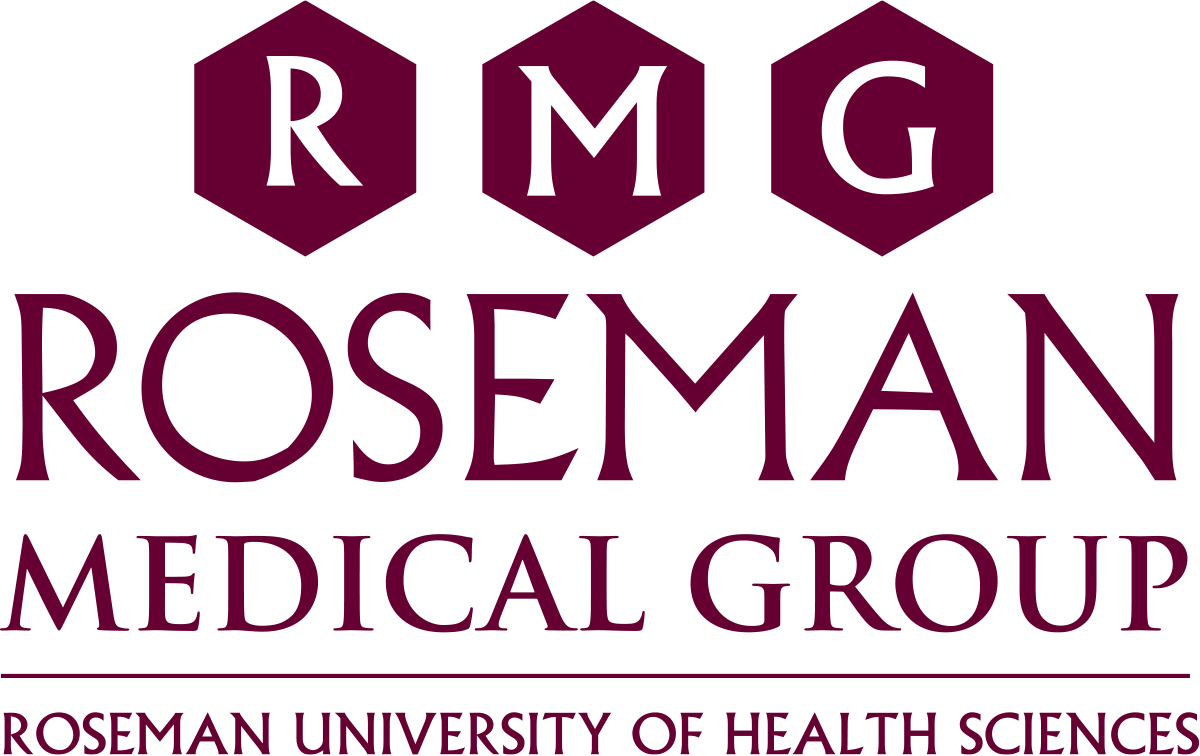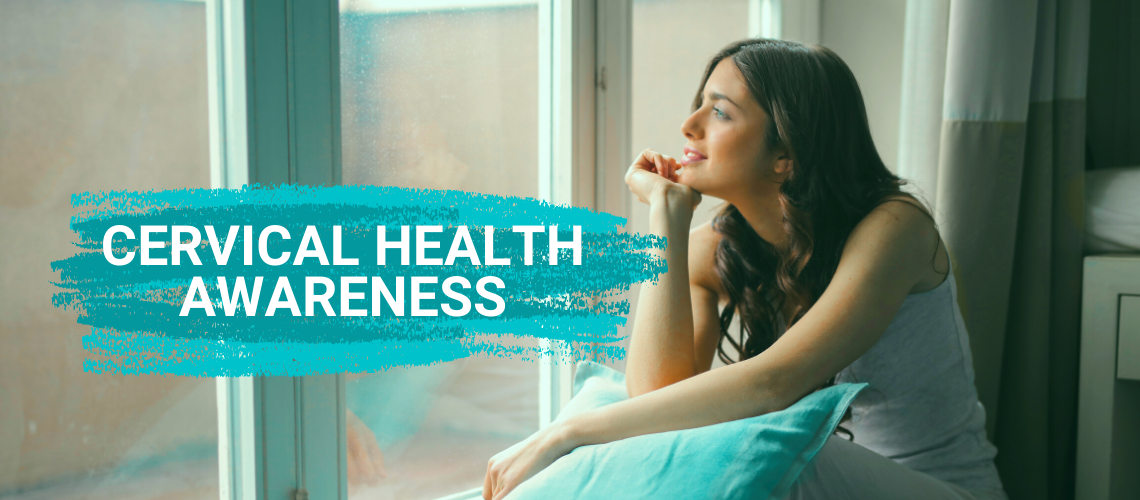January is Cervical Health Awareness month. Cervical cancer is currently responsible for 13,800 new cases and resulted in 4,207 deaths in women in the United States as reported in 2020. The most recent data from Nevada (2019) reported 140 new cases and 39 women who died from cervical cancer. Overall, cervical cancer is the second most common leading cause of death from cancer among women in the world.
What prevention measures are available?
Building awareness of cervical cancer helps inform the public on how to lower risks. Preventative measures, such as cervical cancer screenings allow for early detection with the use of a Pap test. Pap test can be completed during a women’s wellness exam and can provide the patient with an early diagnosis which allows for better treatment options.
Human Papillomavirus (HPV) is a group of more than 200 viruses, of which more than 40 can be spread through direct sexual contact. HPV is associated with causing cervical cancer along with 5 other cancers and genital warts. The HPV vaccine could prevent more than 90% of these cancers from developing. HPV in most cases is cleared by the body and does not cause noticeable symptoms, which means a person can be infected and transmit the virus to other partners unknowingly. HPV vaccination not only protects the individual, but also those in the community by lowering the transmission rate.
Who is eligible and when should the immunization be given?
Gardasil-9 is the only current FDA approved vaccine and it is recommended to be given to both girls and boys between ages of 11-12 years old (as early as 9 years old) to provide the best immune response for HPV protection. The recommended vaccine schedule is to give the first dose and then a second dose is scheduled 6 to 12 months later. For adolescents 13-14 years old, catch-up dosing is still 2 doses.
For adolescents and young adults, both women and men, from 15 years to 26 years, the vaccine schedule follows catch-up doses for those not adequately immunized in earlier years. The vaccine schedule includes three doses as follows: the first dose, a second dose at 2 months and then a third dose 6 months following the first dose.
The FDA approved the use of Gardasil-9 for both women and men ages 27 to 46 years old based on shared decision making between patients and their provider. The shared decision making is based on individual patient factors unique to their own benefits and risks for receiving the Gardasil-9 vaccine. The vaccine is not recommended for persons who are 46 years or older.
How safe is the vaccine and what are some side effects of the vaccine?
The FDA approved HPV vaccines have been tested with over 100 million doses given over 10 years. The safety of the vaccine is well documented and studied. Side effects of the vaccine can include pain, redness and soreness at the site of the injection, other mild symptoms include dizziness, headache, and nausea. More severe side effects can include fainting (more likely in adolescents) which can be minimized by having the person remain sitting during the vaccine process or even lying down for 15 minutes. More information regarding safety of the vaccine and side effects can be found at www.cdc.gov/hpv/index.html.
Women who are pregnant should postpone HPV vaccines, there is no current evidence the vaccine affects pregnancy, harms the fetus, or negatively impacts future fertility. Women who are breastfeeding can be immunized. Anyone who had a severe reaction to a previous HPV vaccine dose should not get another dose. Persons being immunized who are moderately or severely ill should wait until they are feeling better before receiving the vaccine.
Your Cervical Health Matters
Cervical cancer symptoms may be similar to other medical conditions, therefore, it’s important to take an active role in your cervical health. Visiting your healthcare provider for annual wellness exams and women’s wellness exams allows for early detection and better treatment options. In addition, receiving the HPV vaccine can help protect you from the risk of cervical cancer. Contact Roseman Medical Group at 702-463-4040 to schedule your wellness exam and Pap test.
Where to find more information
CDC: Human Papillomavirus Virus (HPV) (www.cdc.gov/hpv/index.html)
American Cancer Society: National HPV Vaccination Roundtable (hpvroundtable.org)
About KayLynn Bowman, PharmD
 KayLynn Bowman earned her Doctor of Pharmacy from Roseman University of Health Sciences’ Henderson campus in 2007. She also has earned a Master of Science in pharmacy, Medication Therapy Management from University of Florida, and Master of Science in Biochemistry and Master of Education Health Promotion, Health Care Administration from University of Nevada, Las Vegas. She also serves as a Clinical Adjunct Faculty for Roseman University’s College of Pharmacy and in 2017 the college awarded Dr. Bowman Preceptor of the Year for Advanced Pharmacy Practice Experience. Dr. Bowman is a Member of American Pharmacists Association and American Society of Consultant Pharmacists. Dr. Bowman’s role within Roseman Medical Group (RMG) is to provide Medication Therapy Management services in collaboration with RMG healthcare providers.
KayLynn Bowman earned her Doctor of Pharmacy from Roseman University of Health Sciences’ Henderson campus in 2007. She also has earned a Master of Science in pharmacy, Medication Therapy Management from University of Florida, and Master of Science in Biochemistry and Master of Education Health Promotion, Health Care Administration from University of Nevada, Las Vegas. She also serves as a Clinical Adjunct Faculty for Roseman University’s College of Pharmacy and in 2017 the college awarded Dr. Bowman Preceptor of the Year for Advanced Pharmacy Practice Experience. Dr. Bowman is a Member of American Pharmacists Association and American Society of Consultant Pharmacists. Dr. Bowman’s role within Roseman Medical Group (RMG) is to provide Medication Therapy Management services in collaboration with RMG healthcare providers.
References
https://www.cancer.net/cancer-types/cervical-cancer/statistics#:~:text=This%20year%2C%20an%20estimated%2013%2C800,likely%20to%20get%20the%20disease. Accessed 1/12/2021.
https://www.cancer.org/content/dam/cancer-org/research/cancer-facts-and-statistics/annual-cancer-facts-and-figures/2019/cancer-facts-and-figures-2019.pdf. Accessed 1/12/2021.
Yang BH, Bray FI, Parkin DM, Sellors JW, Zhang ZF. Cervical cancer as a priority for prevention in different world regions: an evaluation using years of life lost. Int J Cancer. 2004;109(3):418-424. doi:10.1002/ijc.11719
https://www.cancer.gov/about-cancer/causes-prevention/risk/infectious-agents/hpv-vaccine-fact-sheet. Accessed 1/10/2021.
https://www.pharmacist.com/sites/default/files/files/Focus_On_HPV_Guide.pdf. Accessed 1/10/2021.


